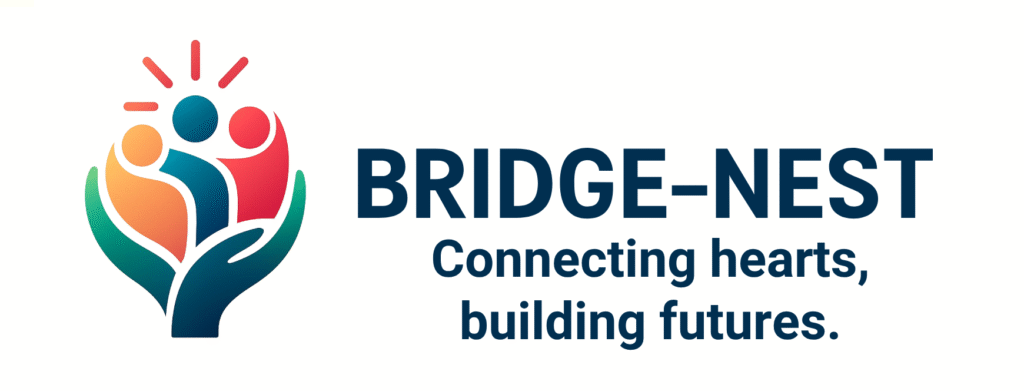Special Education Hygiene Habits Routine: Why It’s Important
Why is it important to maintain a routine for hygiene habits in special education? Importance of Routines in Special Education During early childhood, establishing routines is crucial for the development of all children, but especially for those with special educational needs (SEN). Routines provide structure and predictability, which is fundamental...
0
0
votes
Article Rating
Subscribe
Please login to comment
0 Comments
Oldest
Newest
Most Voted
Inline Feedbacks
View all comments


